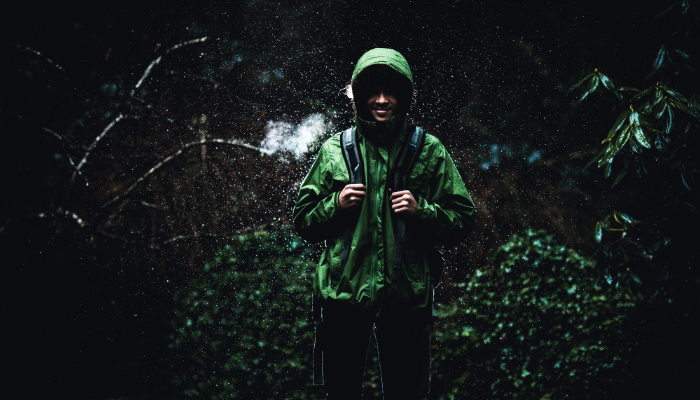When planning your first multi-day hiking trip, your backpack becomes your most important piece of gear. A poorly chosen pack can turn an exciting adventure into a painful experience. Let’s explore the five key factors beginners often overlook when buying their first multi-day hiking backpack.
Why Choosing the Right Backpack Matters
Unlike a daypack, a multi-day hiking backpack must carry food, water, shelter, and personal items for several days. The wrong size or poor fit can cause back pain, fatigue, and even injury. Investing time in choosing the right backpack is as important as planning your route.
Factor 1: Backpack Capacity
Understanding Liters and Storage Needs
Backpack capacity is measured in liters. A 40–50L backpack may work for 2–3 days, while 60–80L is better for week-long treks.
Matching Backpack Size to Trip Duration
Beginners often buy too small or too large. A balanced choice avoids unnecessary weight while ensuring enough storage.
Factor 2: Fit and Comfort
Torso Length vs. Backpack Size
A proper fit depends more on torso length than height. Many brands provide sizing guides.
Importance of Adjustable Straps
Shoulder straps, sternum straps, and hip belts must all adjust to distribute weight evenly.
Factor 3: Frame Type and Support
Internal Frame Backpacks
Great for balance and compact packing, making them ideal for rugged terrain.
External Frame Backpacks
Provide better ventilation and load transfer but bulkier.
Frameless Options
Lightweight but not suitable for carrying heavy loads.
Factor 4: Weight Distribution and Organization
Compartments and Accessibility
Multiple compartments help keep gear organized and accessible.
Hip Belts and Load Lifters
These features transfer weight from shoulders to hips, reducing fatigue.
Factor 5: Weather Resistance and Durability
Waterproof vs. Water-Resistant Materials
Most packs aren’t fully waterproof, so rain covers are essential.
Reinforced Stitching and Zippers
Durability matters when your pack carries 15–20kg daily.
Common Mistakes Beginners Make
Choosing Based Only on Looks
A stylish pack might lack proper support.
Ignoring Weight When Empty
Some backpacks are heavy even without gear, which adds unnecessary strain.
Overlooking Ventilation
Poor airflow leads to sweaty, uncomfortable hikes.
Pro Tips for Buying Your First Multi-Day Backpack
-
Try Before You Buy: Load the pack with weight in the store.
-
Pack with Realistic Weight: Mimic your actual gear load.
-
Invest in Quality, Not Just Price: A good backpack is a long-term investment.
FAQs
1. How big should my backpack be for a 5-day hike?
Usually 50–70L, depending on climate and gear.
2. Are ultralight backpacks good for beginners?
Not always—lighter packs sacrifice comfort and durability.
3. Do I need a rain cover?
Yes, most backpacks are only water-resistant.
4. What’s the average lifespan of a hiking backpack?
With care, 8–12 years.
5. Should I buy online or in-store?
In-store fitting is best for beginners.
Conclusion
Your backpack is your lifeline on a multi-day trek. By considering capacity, fit, frame, organization, and durability, you can avoid common mistakes and enjoy a comfortable adventure. Choose wisely, and your pack will carry you through years of exploration.



